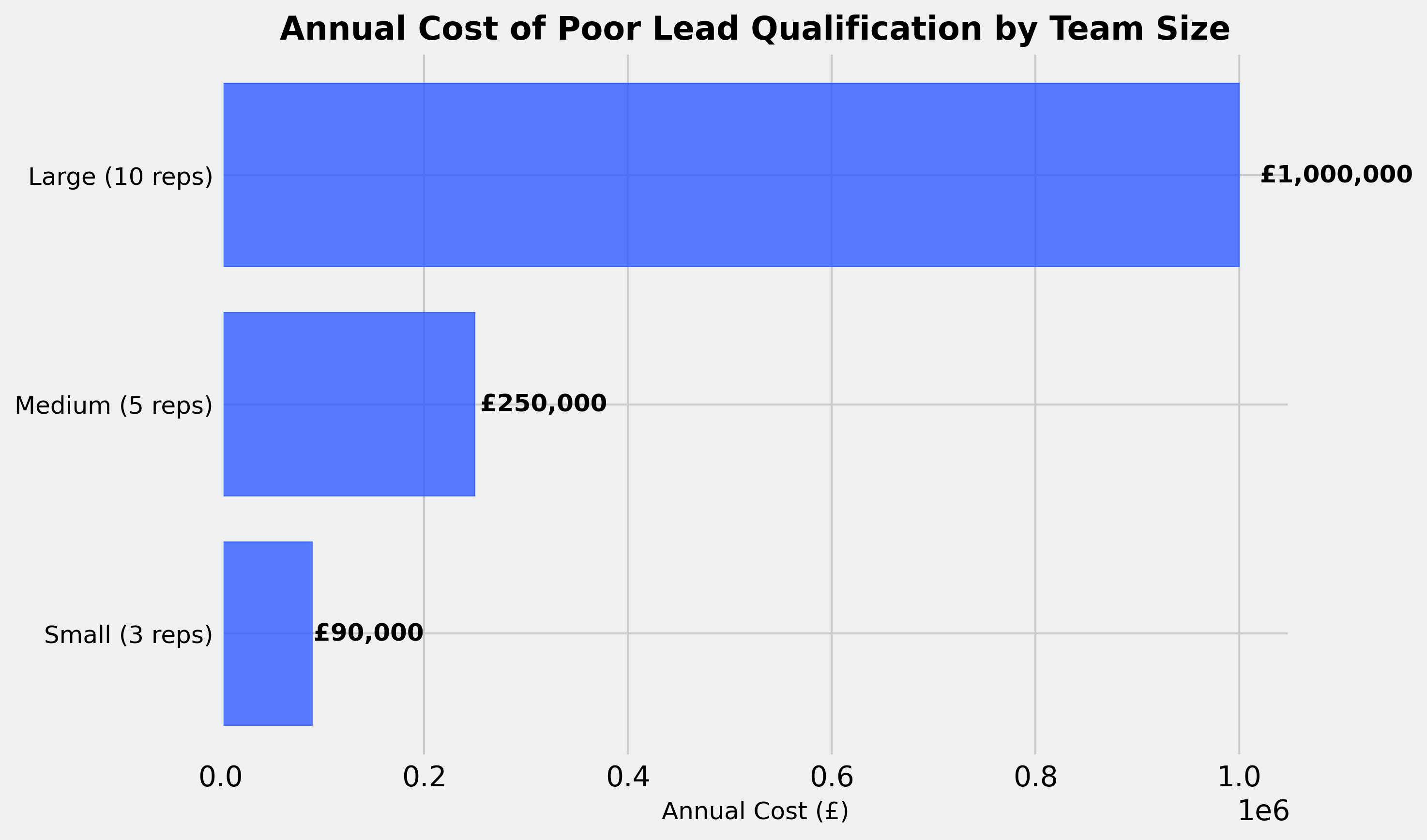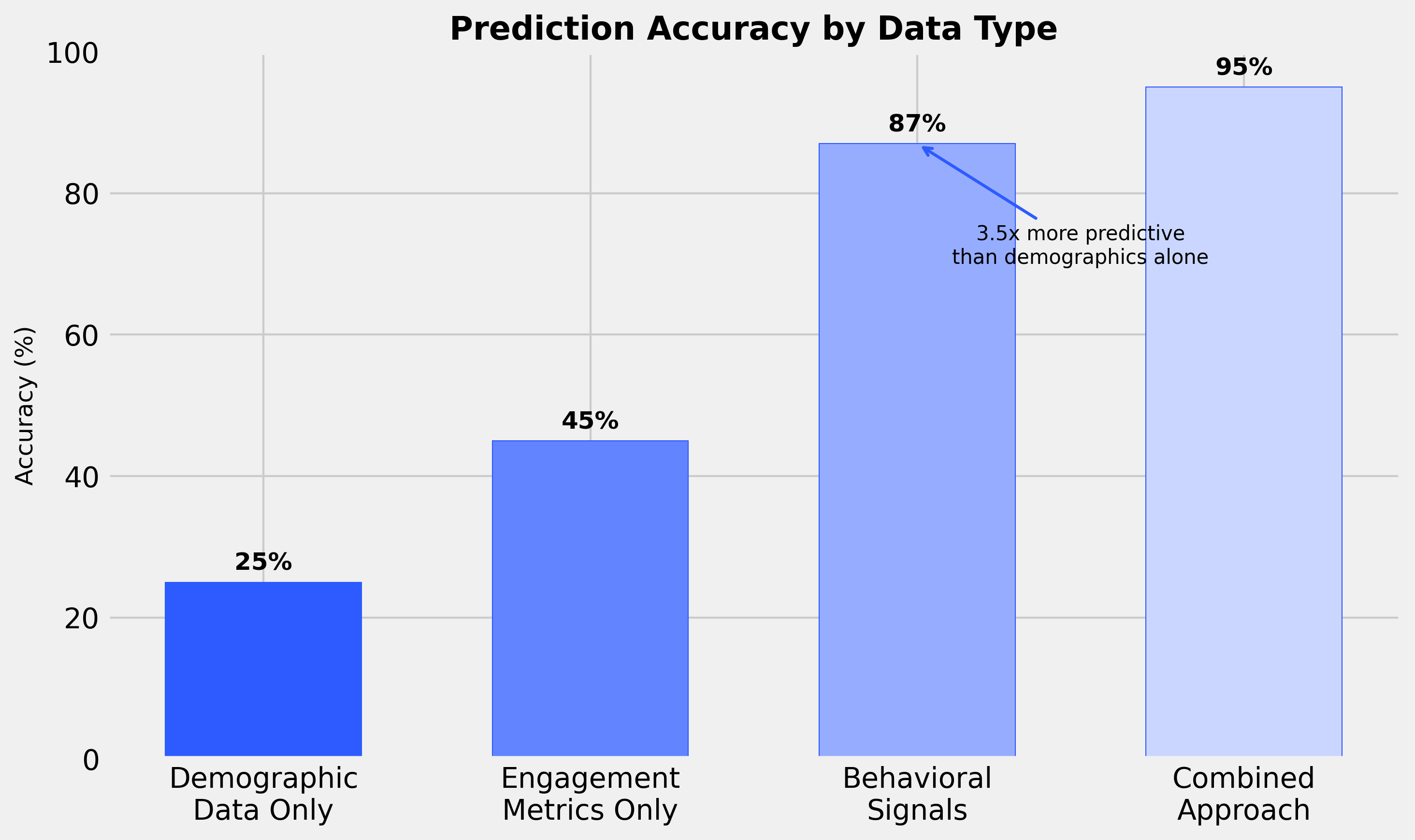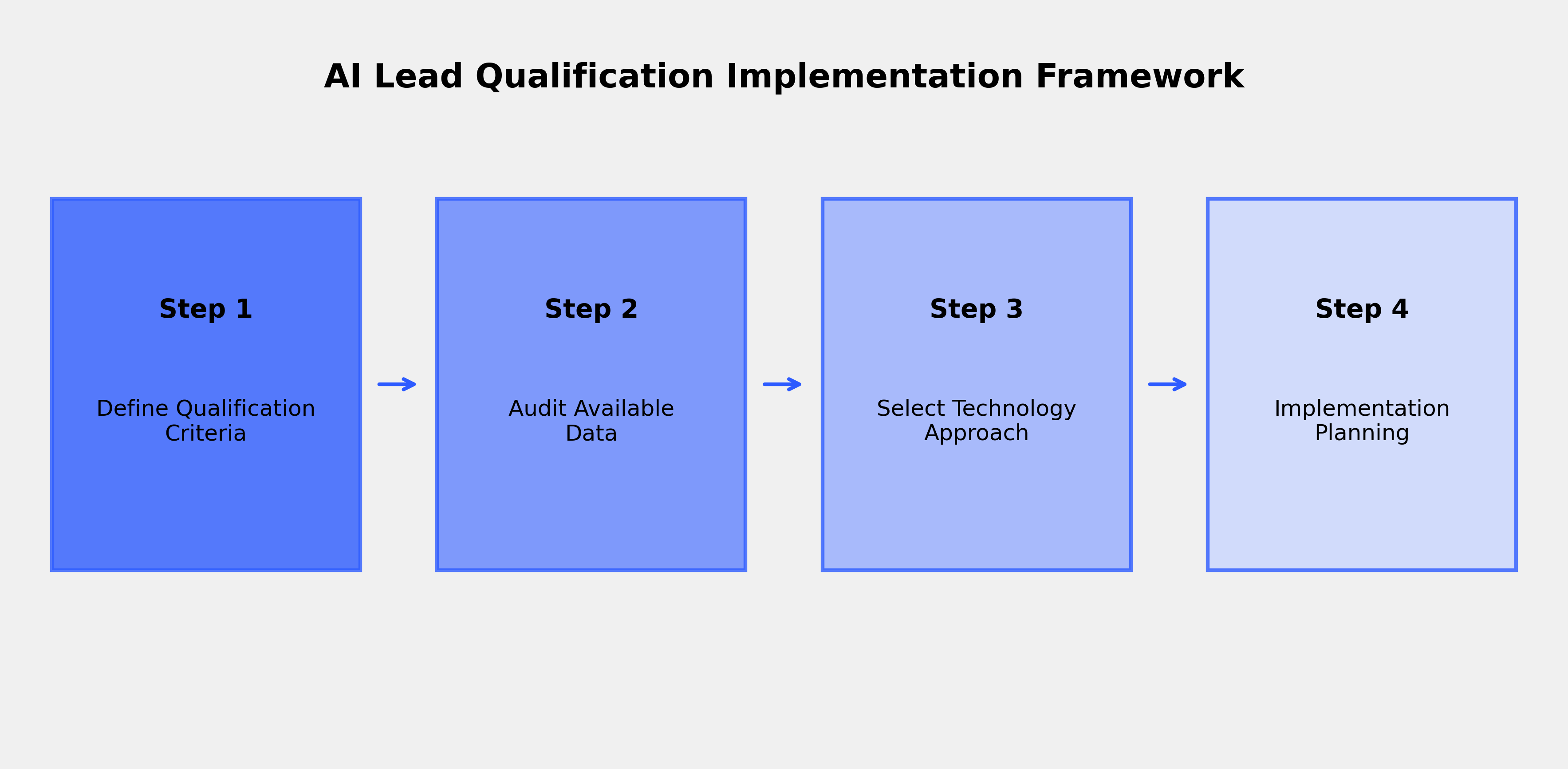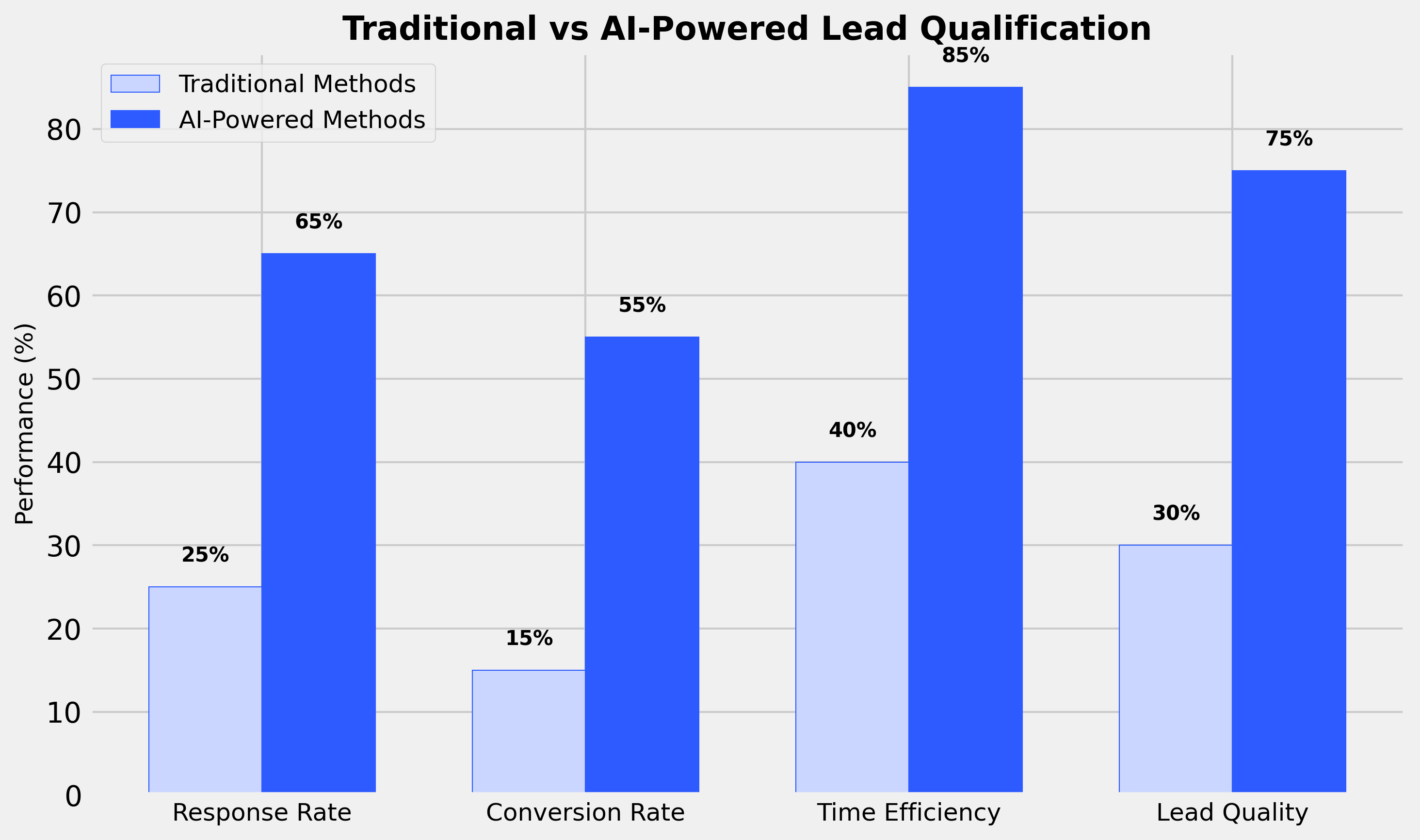Lead Qualification Automation | AI-Powered Lead Scoring Systems
Did you know that sales teams waste an average of 50% of their time pursuing leads that will never convert? For SMEs with limited resources, this inefficiency isn't just frustrating—it's existentially threatening.
Many small and medium enterprises struggle with manual lead qualification processes that rely on gut feeling rather than data, leading to inconsistent results, wasted effort, and missed opportunities with high-value prospects. The good news? AI lead qualification is changing the game, and it's no longer just for enterprise-level companies.
At Syrvi AI, we've helped dozens of SMEs transform their lead qualification through strategic AI implementation. In this post, we'll explore:
The Lead Qualification Challenge for SMEs
Lead qualification isn't new, but its effectiveness for SMEs has historically been limited by resource and data constraints. Just five years ago, sophisticated lead scoring required enterprise-level data science teams and complex CRM customisations. Today, AI-powered tools have democratised these capabilities.
According to recent studies, sales teams following traditional qualification methods spend 40-60% of their time on prospects that never convert. However, companies using AI-powered lead qualification report that 80% of their closed deals come from the top 20% of AI-scored leads—a dramatic improvement in efficiency.
The True Cost of Poor Lead Qualification

The costs of inadequate qualification extend beyond wasted time:
As Sarah Williams, Sales Director at TechSolutions Ltd, told us: "Before implementing AI qualification, our team was spending 60% of their time on leads that never closed. After implementing Syrvi's AI lead scoring system, we're focusing 80% of our effort on the 20% of leads most likely to convert. Our sales productivity has effectively doubled without adding headcount."
How AI Transforms Lead Qualification
Successful AI lead qualification isn't just about assigning scores—it's about implementing the right approach for your specific business. Our work with hundreds of SMEs has identified four critical elements that drive results.
Behavioural Analysis Beyond Basic Demographics

Traditional lead scoring relied heavily on firmographic data (company size, industry) and basic engagement metrics (email opens, website visits). Modern AI systems can:
A recent analysis we conducted showed that behavioural signals were 3.5x more predictive of conversion than demographic data alone.
Predictive Scoring Models
Unlike static scoring systems, AI models can:
Our clients typically see a 30-40% improvement in prediction accuracy compared to traditional scoring methods.
Integration with Existing CRM Systems
Effective AI qualification must work within your existing workflow:
Continuous Learning and Improvement
Unlike static systems, AI qualification continuously improves through:
Building Your AI Lead Qualification Framework

Creating an effective AI lead qualification system requires a strategic approach. Here's how to build a framework that delivers results:
Step 1: Define Your Qualification Criteria
Before implementing any technology, clarify what makes a qualified lead for your business:
Step 2: Audit Your Available Data
Effective AI requires quality data inputs:
Step 3: Select the Right Technology Approach
Different businesses need different AI qualification approaches:
Step 4: Implementation Planning
A successful implementation requires careful planning:
Case Study: E-commerce Lead Qualification Transformation
.png)
To illustrate the real-world impact of AI lead qualification, let's examine how FashionRetail, an online clothing retailer, transformed their approach to lead prioritisation.
Before implementing AI, FashionRetail faced several challenges:
The Implementation Process
The transformation followed four key phases:
Data Audit & Preparation (Weeks 1-3)
Model Development & Testing (Weeks 4-6)
Integration & Team Training (Weeks 7-8)
Launch & Optimisation (Weeks 9-12)
After 90 days, FashionRetail achieved:
As their Marketing Director noted: "The impact was immediate. Instead of treating all leads equally, we're now focusing our personalised outreach on the prospects most likely to convert and spend more. The ROI has been remarkable."

Key Takeaways
The lead qualification challenge for SMEs is more complex than ever, but AI automation is levelling the playing field. By strategically implementing AI in your qualification process, you can identify your highest-value prospects, ensure your team focuses on the right opportunities, and significantly improve your conversion rates.
The companies that embrace these technologies now will have a significant advantage in the coming years. The good news is that getting started doesn't require a complete overhaul of your systems or massive investment.
Ready to explore how AI can transform your specific lead qualification challenges? Take our free AI Readiness Assessment to receive a customised report on your highest-impact automation opportunities.